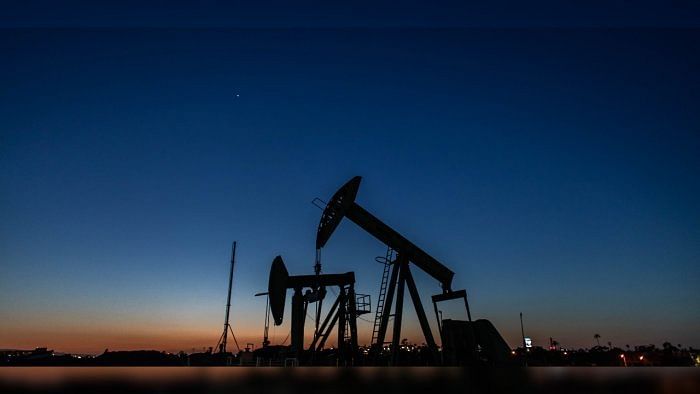
Citi Research on Monday raised its quarterly oil price forecasts for this year and its year-average outlook for 2023, because additional supply from Iran looked heavily delayed, adding to tighter market balances.
Delay in Iran sanctions relief is the main factor tightening balances, Citi said.
The bank now factors in Iran sanctions relief beginning in the first quarter of next year, at first adding 0.5 million barrels per day (bpd), then 1.3 million bpd over the second half. It previously expected Iran sanctions relief to add supply in mid-2022.
Iran and the United States engaged in indirect talks in Vienna over the past year to revive a 2015 nuclear agreement between Tehran and world powers.
Citing tighter market balances, Citi raised its second-quarter 2022 Brent price forecast by $14 to $113 per barrel, and the third and fourth quarter prices by $12, to $99 and $85, respectively. The bank estimates Brent to average $75 per barrel in 2023, revised higher by $16.
Benchmark Brent crude futures were up at about $120 a barrel, while US West Texas Intermediate crude futures gained to $119 a barrel after hitting a three-month high on Monday.
"We continue to see a downward trend to prices after a spiky near-term period, on progressively loosening supply-demand balances," Citi said.
While Russian oil production and exports continue to be eroded, Citi said expectations of a drop in Russian production of 2 million to 3 million bpd were exaggerated.
Reconfigured flows to Asia could mean Russian production and exports would not ultimately fall so much, but more in the range of 1 million to 1.5 million bpd, the bank said.
"Of 1.9 million bpd of European seaborne exports of crude oil, around 900,000 bpd could divert to other markets such as China/India or could stay in some European markets with limited access to non-Russian oil."
Citi sees weaker oil demand growth of 2.3 million bpd in 2022 because of economic headwinds, lockdowns in China and high prices.